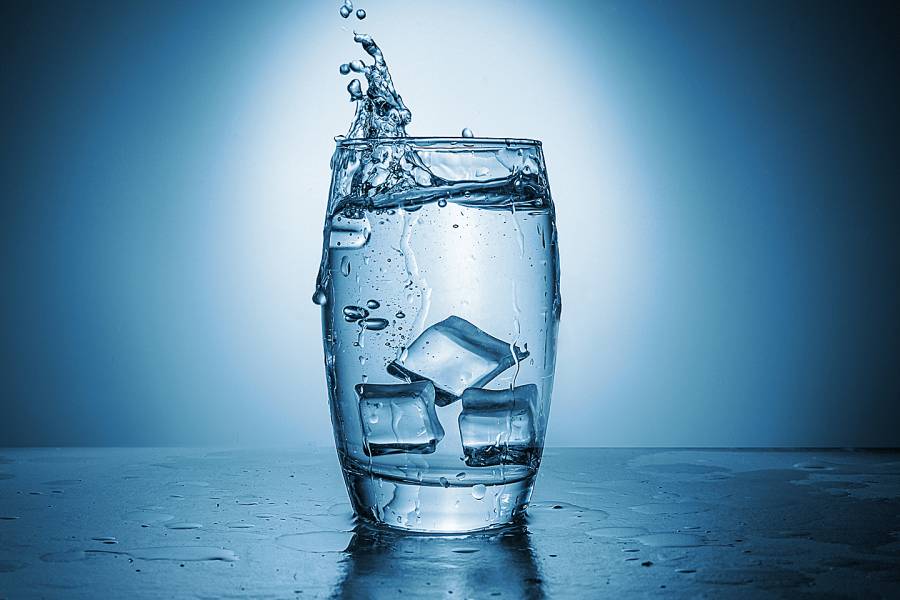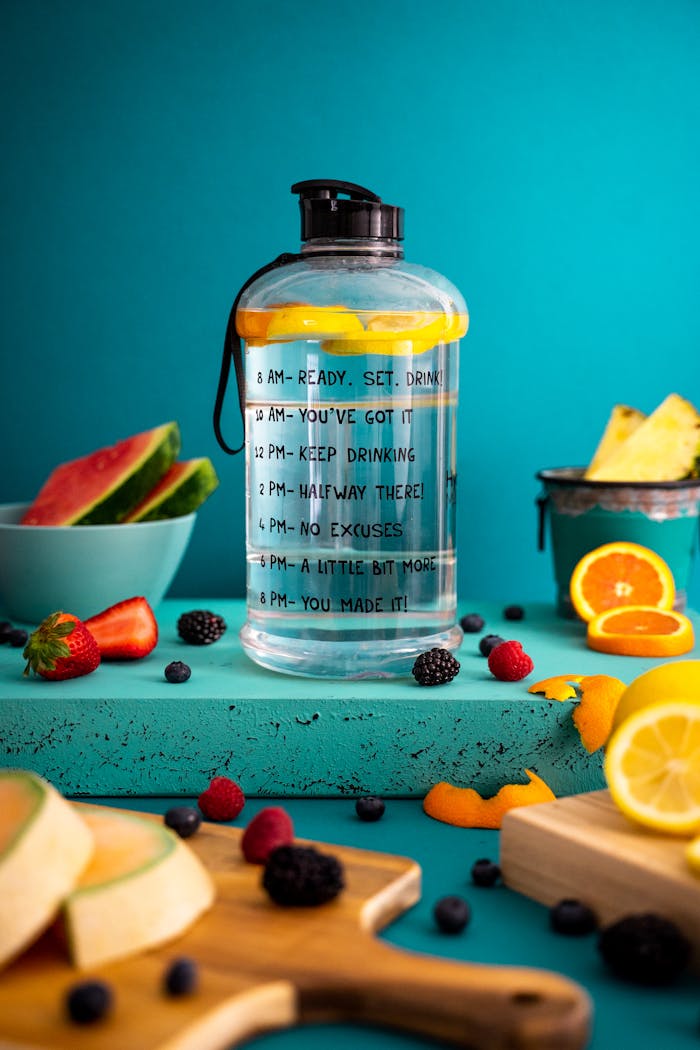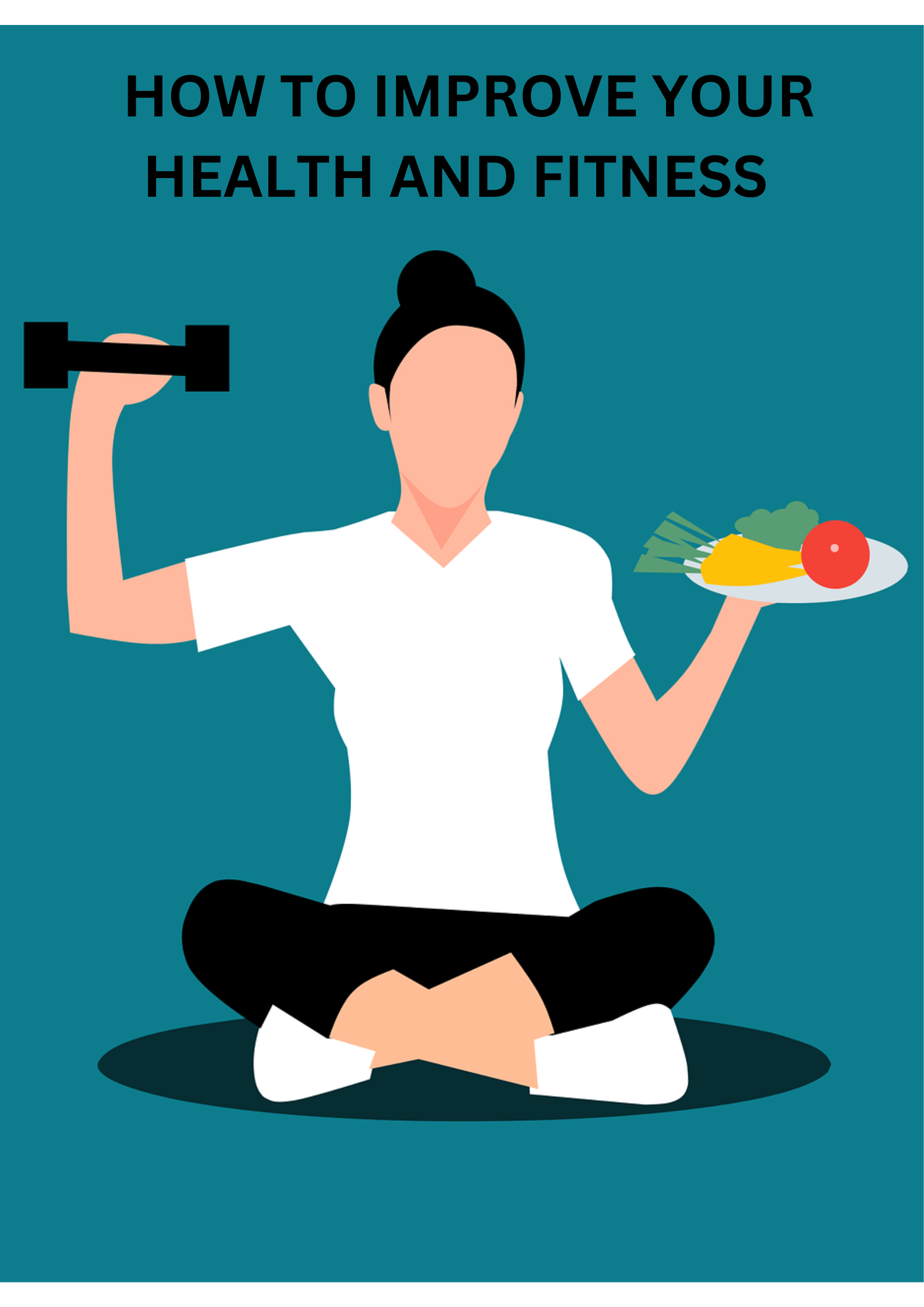Usually people tend to ignore hydration but it is the most important thing to do in order to be healthy and happy. Body fluid balance involves maintaining an adequate amount of liquid within the body that is essential for a variety of physiological functions. This article focuses on the reasons why water is important, some advantages of proper hydration as well as ways to stay hydrated.
Why Hydration Matters

Water constitutes about 60% of the human body and is vital for numerous bodily functions. Proper hydration ensures that all systems function efficiently. Here are some reasons why hydration is critical:
- Regulates Body Temperature: Water helps regulate body temperature through sweating and respiration. When you’re dehydrated, your body can’t cool itself as effectively, leading to heat exhaustion or heatstroke.
- Maintains Fluid Balance: Hydration helps maintain the balance of bodily fluids, which is essential for digestion, absorption of nutrients, and the elimination of waste through urine.
- Supports Cellular Functions: Cells need water to function properly. Hydration supports cellular processes such as nutrient transport, waste removal, and energy production.
- Promotes Cognitive Function: Dehydration can impair cognitive function, affecting concentration, alertness, and short-term memory. Staying hydrated helps keep your mind sharp.
- Aids in Digestion: Water aids in the digestion process by helping to break down food, making it easier for the body to absorb nutrients. It also prevents constipation by softening stools.
- Supports Joint Health: Water helps lubricate joints, reducing the risk of arthritis and improving overall joint function.
Signs of Dehydration
Recognizing the signs of dehydration is essential to prevent it from becoming severe. Common symptoms include:
- Thirst: The most basic indicator that your body needs water.
- Dark Urine: Dark yellow or amber-colored urine often signifies dehydration.
- Dry Mouth and Skin: A lack of moisture in the mouth and skin can be a sign of dehydration.
- Fatigue: Feeling unusually tired or lethargic may indicate that your body is dehydrated.
- Dizziness: Dehydration can lead to a drop in blood pressure, causing dizziness or lightheadedness.
How Much Water Do You Need?
The amount of water you need can vary depending on factors like age, sex, weight, activity level, and climate. A general guideline is to drink eight 8-ounce glasses of water a day, known as the “8×8 rule.” However, some experts recommend drinking half of your body weight in ounces. For example, a 160-pound person should aim for about 80 ounces of water daily.
Tips for Staying Hydrated
- Drink Water Regularly: Make it a habit to drink water throughout the day rather than waiting until you’re thirsty. Carry a water bottle with you to remind yourself to stay hydrated.
- Monitor Your Fluid Intake: Keep track of your water consumption to ensure you’re meeting your daily goals. Apps or simple reminders can help with this.
- Eat Hydrating Foods: Incorporate water-rich foods into your diet. Fruits and vegetables like watermelon, cucumber, oranges, and strawberries are excellent sources of hydration.
- Adjust for Activity and Climate: Increase your fluid intake during exercise or in hot climates, as you lose more water through sweat. Sports drinks can help replenish lost electrolytes during intense physical activity.
- Limit Caffeine and Alcohol: Both caffeine and alcohol can act as diuretics, leading to increased fluid loss. If you consume these beverages, be sure to compensate with extra water.
- Listen to Your Body: Pay attention to signs of dehydration and drink water accordingly. If you’re feeling thirsty, tired, or have dark urine, it’s a signal that you need to increase your fluid intake.
If you people are looking to buy some sugar free top quality electrolytes kindly click this link https://amzn.to/3Yzr6TM

Hydration Myths
Several myths about hydration can lead to confusion. Here are a few common misconceptions:
- You Only Need to Drink Water: While water is the best source of hydration, other fluids like herbal teas and milk can contribute to your daily intake. Foods with high water content also count towards your hydration goals.
- You Can Overhydrate: While rare, it is possible to drink too much water, leading to a condition known as hyponatremia or water intoxication. This dilutes the sodium in your blood and can cause serious health issues. It’s essential to balance your fluid intake and not overdo it.
- Thirst is a Good Indicator: Waiting until you’re thirsty to drink water may mean you’re already dehydrated. It’s better to drink regularly rather than relying solely on thirst cues.
Conclusion
Hydration is a fundamental aspect of maintaining health and well-being. Understanding its importance, recognizing the signs of dehydration, and following practical tips for staying hydrated can help you achieve optimal health. Remember, hydration is not just about drinking water but also about making mindful choices to support your body’s needs. By staying informed and proactive, you can ensure that your body remains well-hydrated and functioning at its best.
FAQs
1. How much water should I drink daily?
Aim for about 8 cups (64 ounces) of water a day, but needs can vary based on activity level, climate, and individual health. A general guideline is to drink half your body weight in ounces.
2. Can I stay hydrated with beverages other than water?
Yes, beverages like herbal teas and milk contribute to hydration. Foods with high water content, such as fruits and vegetables, also help.
3. What are the signs of dehydration?
Common signs include thirst, dark urine, dry mouth, fatigue, and dizziness. If you notice these symptoms, increase your water intake.



